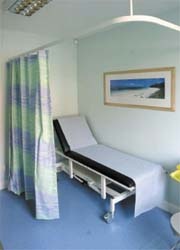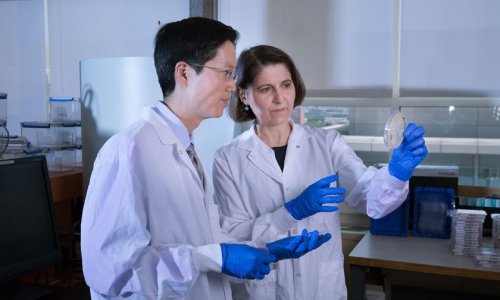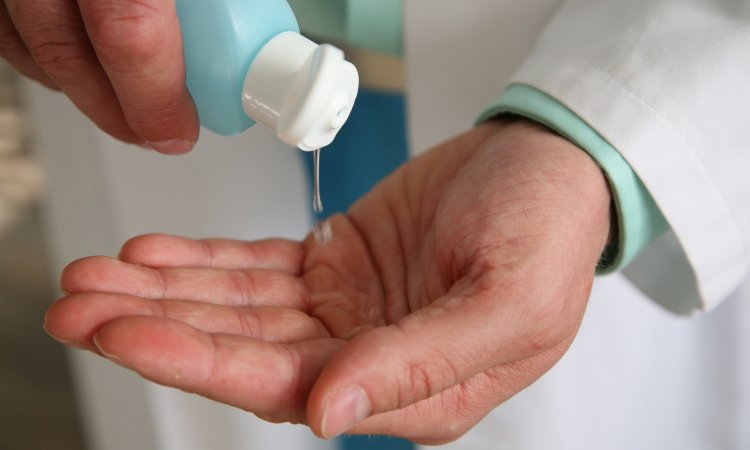BioCote reduces bacteria by 95% in hospitals
The antimicrobial technology firm BioCote Ltd, which is showing its products at the British Pavillion, is also promoting the results from the first study to investigate how silver antimicrobial products can reduce levels of bacteria in hospitals, clinics and care homes.

The environmental trial compared two out-patient units at the Heart of England NHS Foundation Trust. One facility was equipped with BioCote-protected furniture and equipment, for example sack holders, beds and curtains; the other contained standard, non-treated items.
There was a 95.8% reduction in bacteria in the environment containing the BioCote-protected products, compared to the control facility that had not been BioCote-protected. ‘The trial proves that using BioCote-protected products in a hospital environment can result in a reduction in bacteria, leading to a more hygienic and safer environment for patients,’ the manufacturer points out. ‘Fewer bacteria can reduce the risks of cross-contamination and consequently the risks of patients being infected with superbugs such as MRSA.’
21.11.2008





